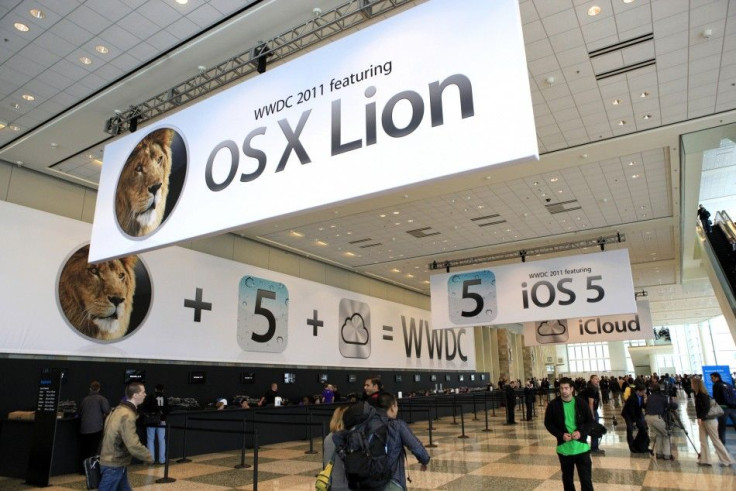After iPhone 5, Apple May Merge OS X and iOS

Apple has created thriving businesses with its Mac computers and the recent stable of gadgets like the iPhone and iPad, but one analysts predicts the company may merge these worlds atop a new Apple processor.
Jefferies & Co.'s Peter Misek believes that combining the Mac OS X and it iOS platforms would lead to "synergies," not only for Apple, but for the end-user as well.
"Users want to be able to pick up any iPhone, iPad, or Mac and have content move seamlessly between them and be optimized for the user and the device currently being used," Misek told investors. "We believe this will be difficult to implement if iOS and OS X are kept separate."
In order to merge two different operating systems that have been designed for different hardware, new hardware would have to be produced if Apple wants to maintain performance and efficiencies.
Misek believes Apple will do just that, rolling out what he calls the "A6" processor either late 2012, or early 2013 following the iPad 3 and iPhone 5 roll-outs.
The Cupertino, Calif.-based consumer electronics company can use a 32-bit ARM chip design "to address the vast majority of the OS X ecosystem's needs in 2012-13 except for high-end professional devices," Misek explained.
"Apple is ready to start sampling the A6 quad-core app processor and will be the first such multi-device platform capable of PC-like strength."
Macbook Air's, the company's ultrathin notebook, would be the first on the list to get the new chip, and would be slated for the second half of 2012 or 2013
MacBook "Pro" models and Mac desktops, however, will stick with the current software with Intel-based processors in order to maximize 64-bit application compatibility, but that they, too, will switch over to an iOS platform by 2016.
Semiconductor analysts in late June speculated that Apple was in talks with Taiwan Semiconductor (TSMC) to build the chip, shunning long-time partner Samsung as rivalries flare.
But regardless of manufacturer, such a move could boost Apple unit sales across the product line, and he models a 50-cent-per-share-per-year boost to EPS for "every 1% increase in unit volumes" as a result, Misek said.
Misek maintained his Buy rating on Apple shares with a $500 price target.
© Copyright IBTimes 2024. All rights reserved.




















